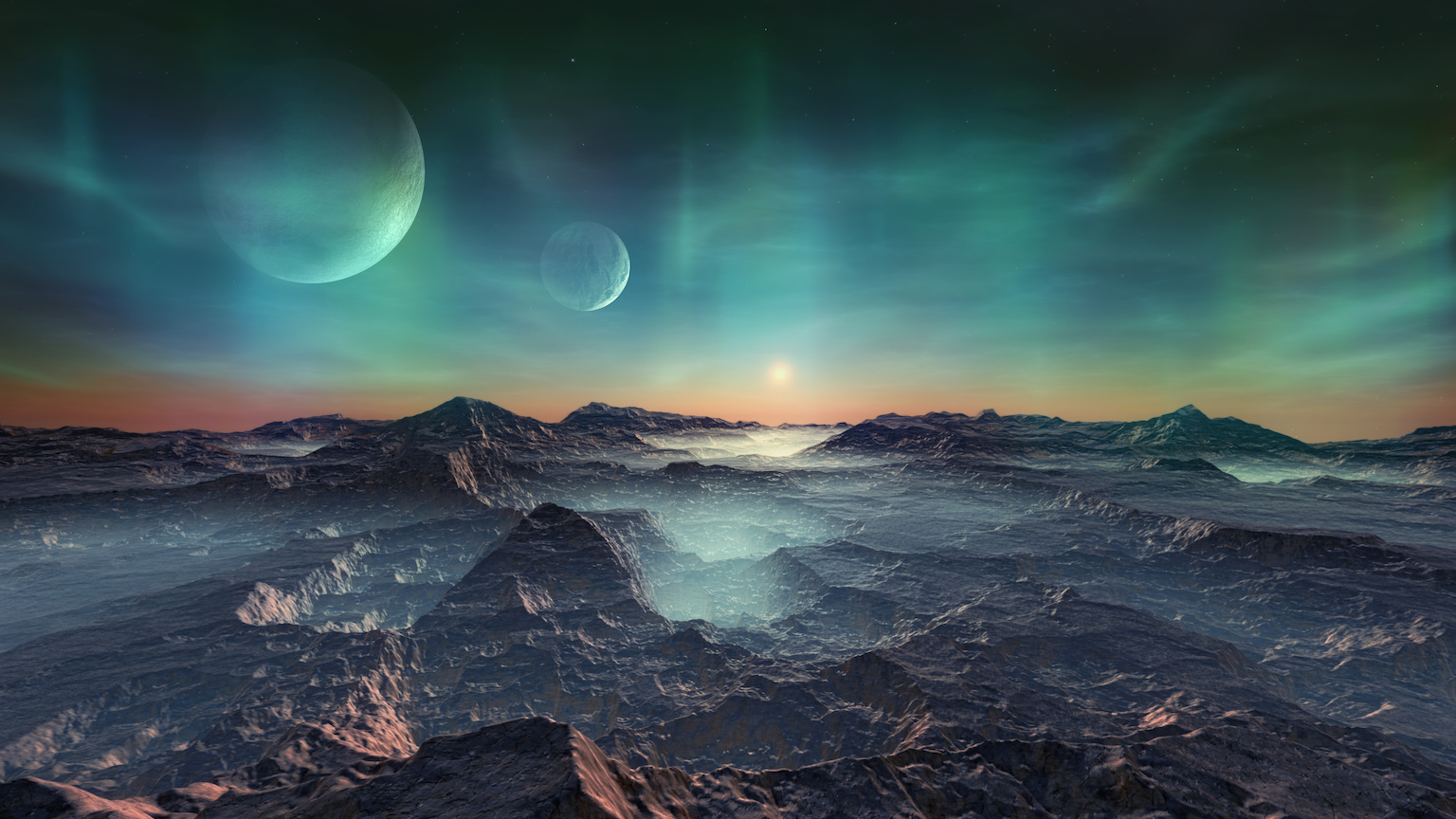The Big Bang for Children
How would you tell the story of our Universe to an 8-to-10 year old?
“To begin, begin.” –William Wordsworth
The Big Bang is maybe the greatest scientific achievement of the 20th century. It’s difficult to imagine it, but when the year 1900 began, we thought the entire Universe — all of existence — consisted of our Milky Way galaxy and the stars, planets and nebulae inside of it, all governed by Newton’s law of gravity.
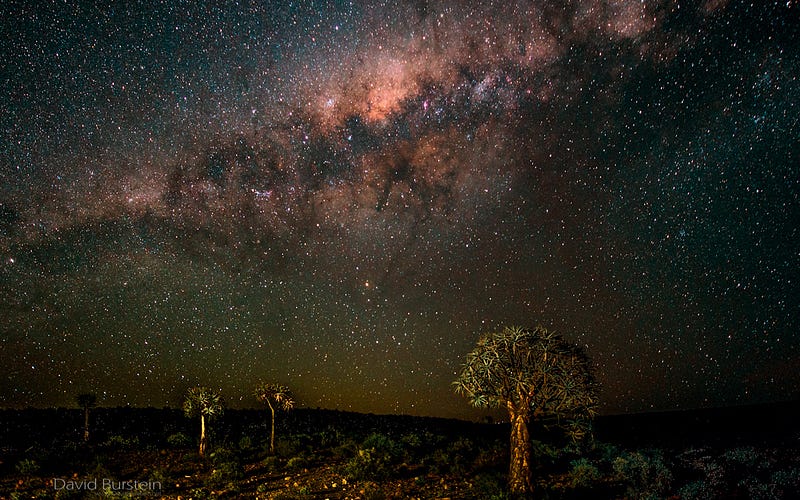
How far we’ve come in such a short time! Most of us hear, from a young age, that the Universe started from the Big Bang, and while that’s definitely a memorable name, how many of us know how to explain that in a way that makes sense to the children that are asking the question? After all, most of us struggle mightily to understand it ourselves, considering what a daunting concept it all is!
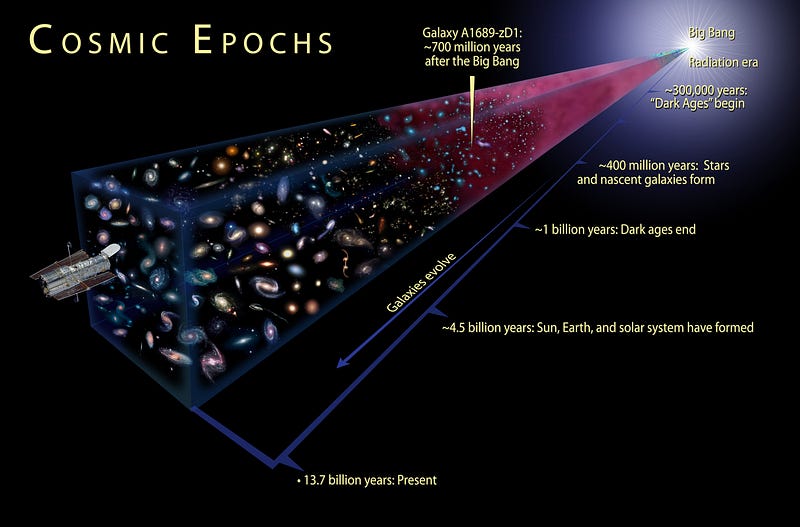
But I think it can be accessible to children as young as 8 years old, and perhaps even younger. Think about it this way:
The Universe is a race, and the Big Bang is the starting gun.
If you, a child, wanted to race against an adult, it probably wouldn’t be fair if you started at the same point and had the same distance to run, would it?
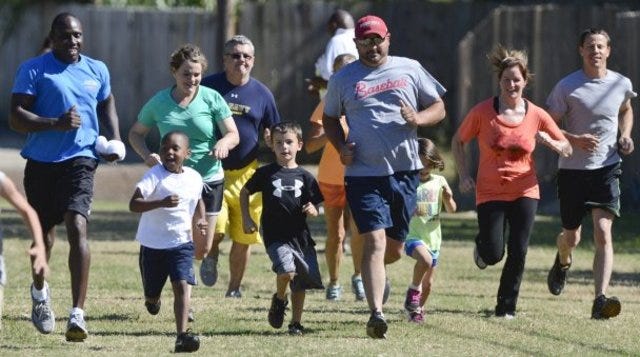
Not even close! If we want you to have a chance at winning, we’d give you a head start to make it more fair.
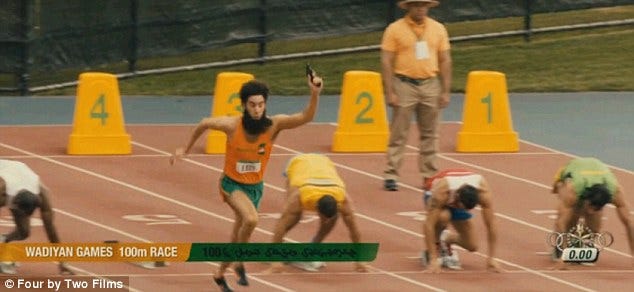
This doesn’t mean it’s totally fair! If we give you too much of a head start, you’ll win easily, but if we give you too little of a head start, the grown-ups will catch you well before the finish line. But if we don’t know how fast you are or how fast the adults you’re running against are, we know that giving you a head start will give you a chance.
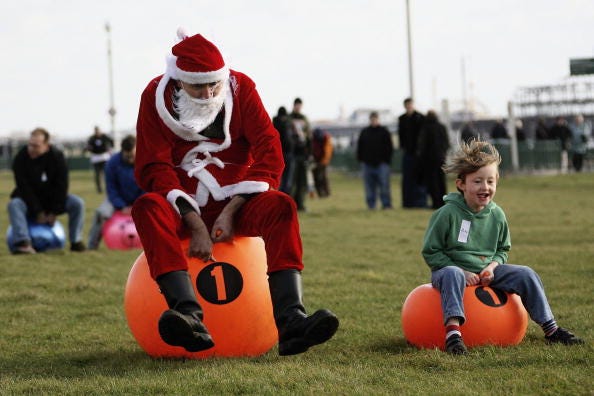
Well, in the Universe, the race isn’t run on foot, with you and an adult running towards the finish line. Instead, it’s run between every little bit of matter — the tiny, little particles that make all of us up — and gravity, the same force that holds us down no matter where we are here on Earth.
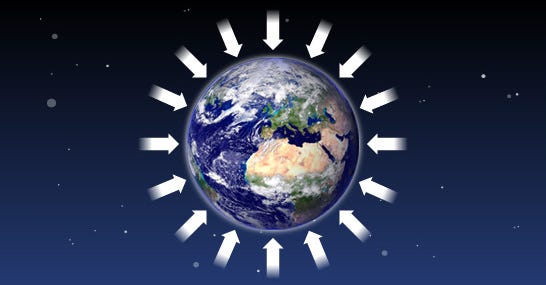
Just like a child with a head start, every little bit of matter in the Universe starts off with a chance.
The way we got to be here is because where we are — here on Earth, around our Sun and in our Milky Way galaxy — gravity won the race! All the little pieces of matter that started out running away from each other got pulled back together by gravity. Over billions of years and after many lifetimes of stars, one tiny part of our galaxy wound up forming us!
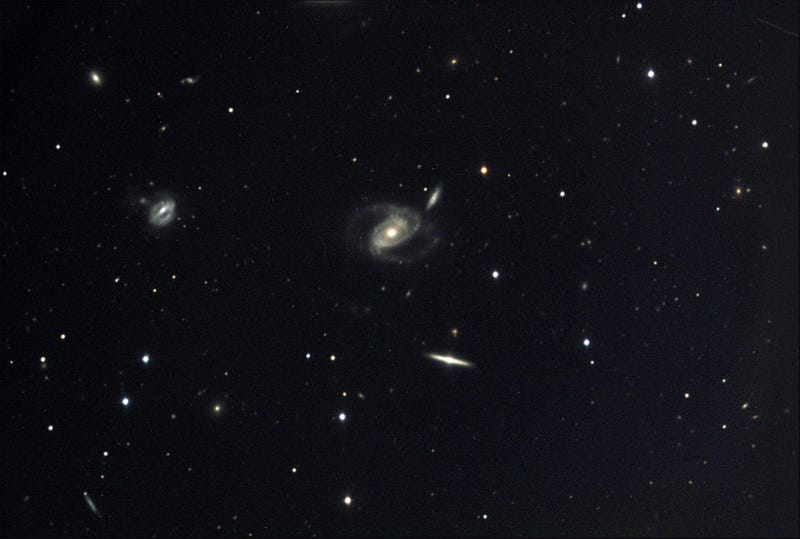
But most of space is empty, with huge distances between the galaxies! Most of the galaxies run away from each other too fast for gravity to pull them together, and most of the matter runs away from the galaxies and from each other. It’s only in a few, lucky places that gravity wins the race; in most cases, the little pieces of matter have a big enough head start that they keep on running away. By today, most of these little clumps of matter are very far apart!
The Universe is a big race, a race between little pieces of matter that start off running away from each other, and gravity, trying to pull them back together. We’re spectators that came along very late; where we are in the Milky Way, gravity won a long time ago. In fact, there are billions of galaxy-sized places all over the Universe where gravity won!
But in most places, the matter successfully ran away, and most of the individual galaxies are still successful at running away from each other.
If we had come along earlier, though, we could have seen the race in action: the race between gravity trying to pull pieces of the Universe back together and the initial, speedy matter, doing its best to run away. The earlier and earlier we imagine this, the closer we get to the start of the race, and that’s what the Big Bang is.
The Universe is a race, and the Big Bang is the starting gun.
Leave your comments at the Starts With A Bang forum on Scienceblogs!
